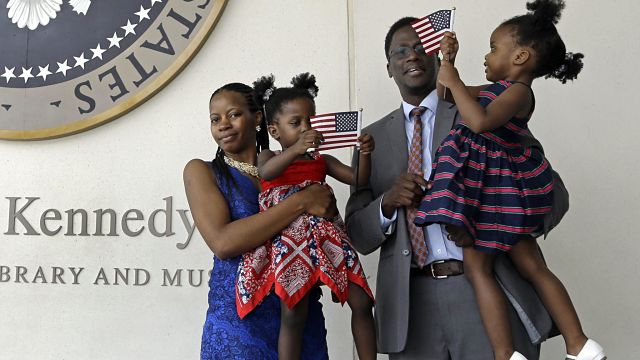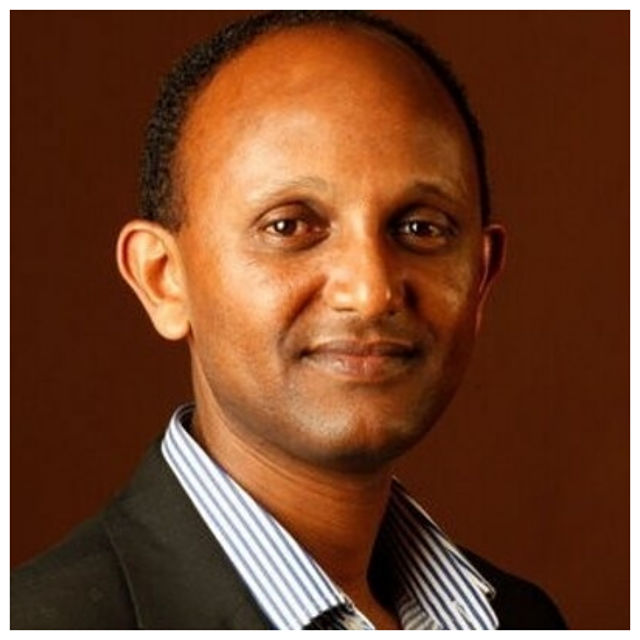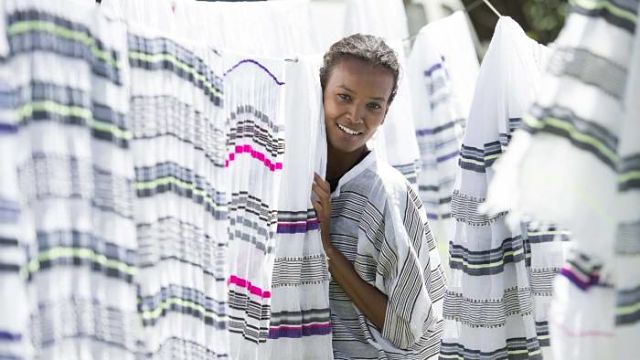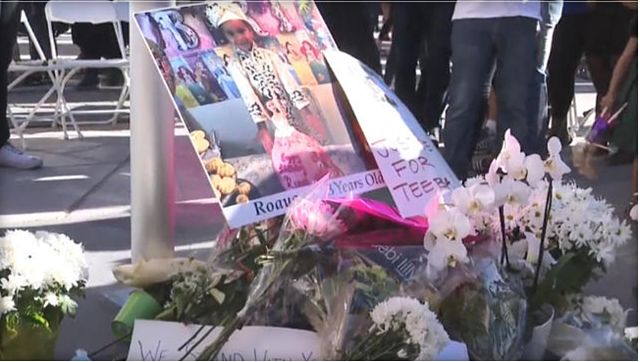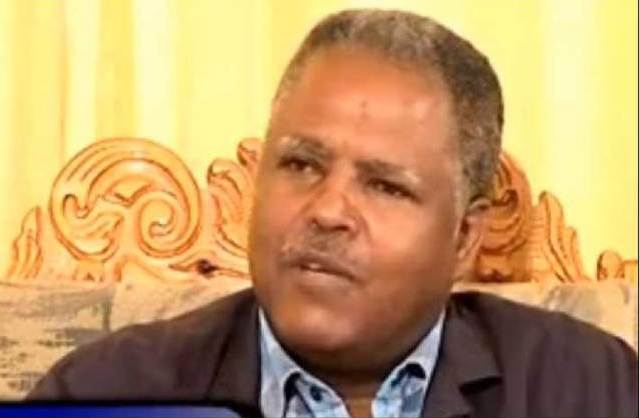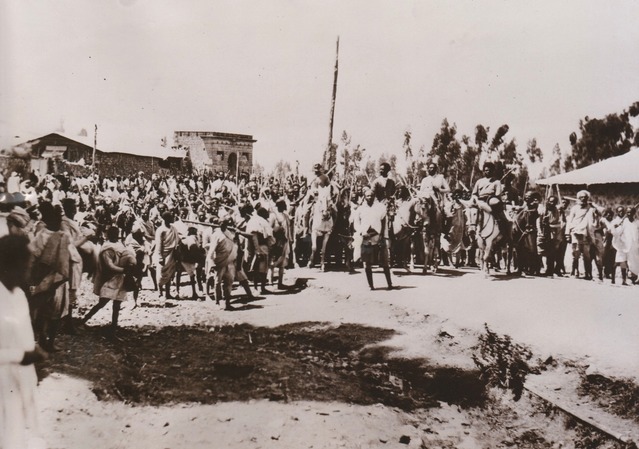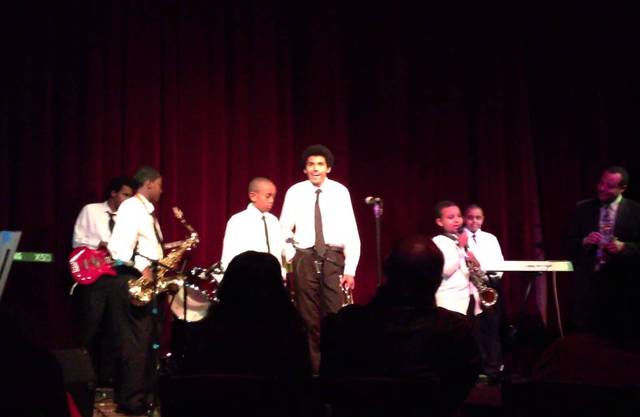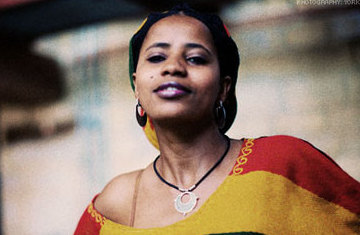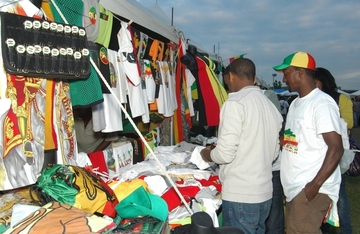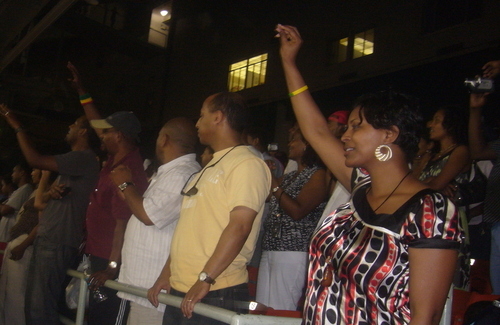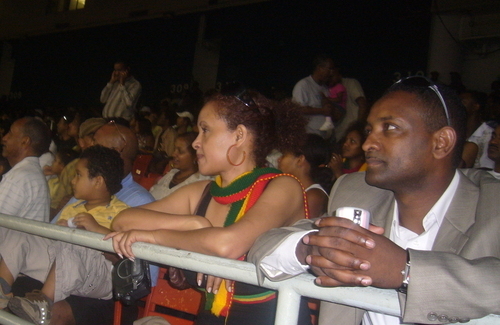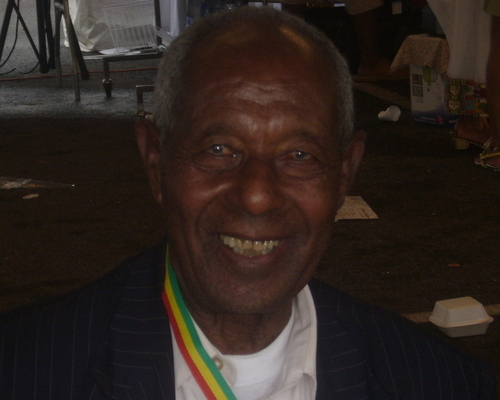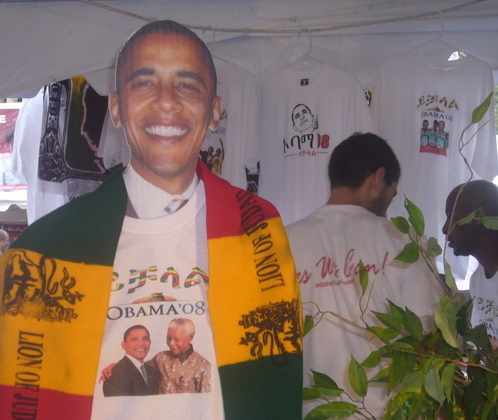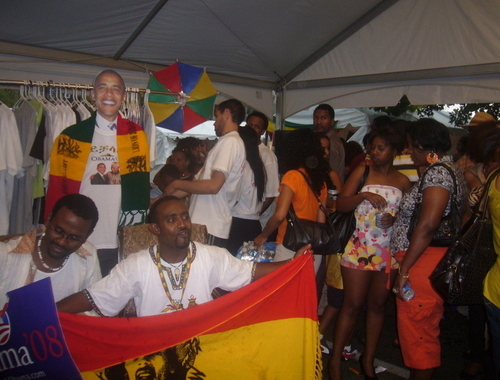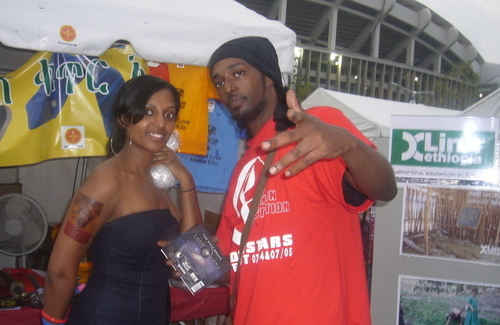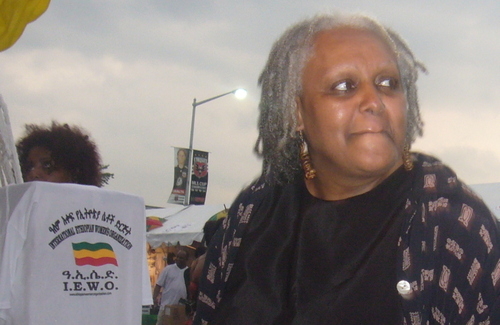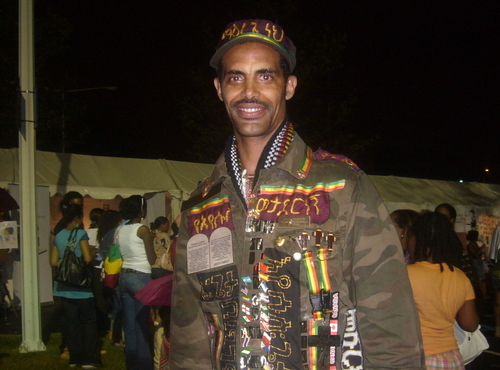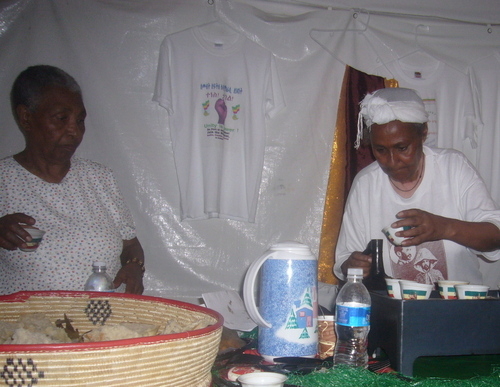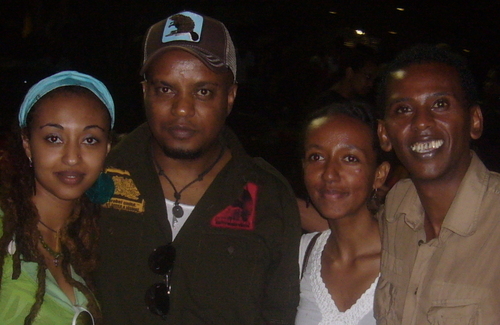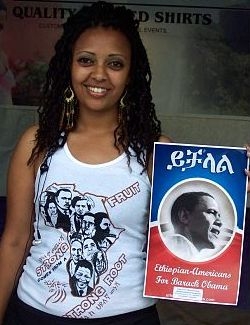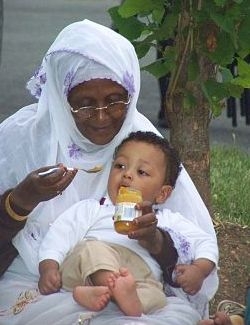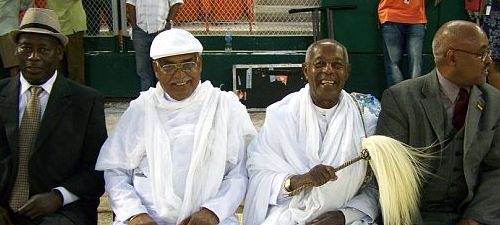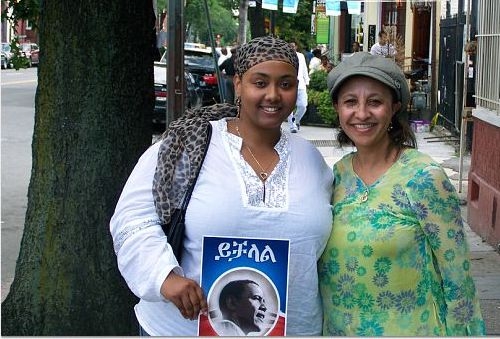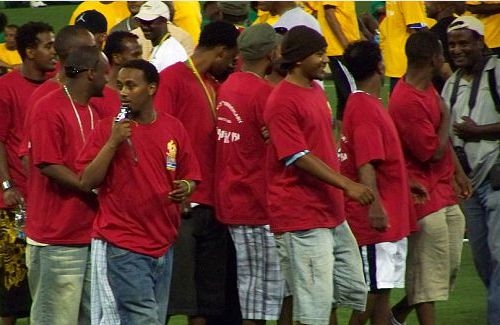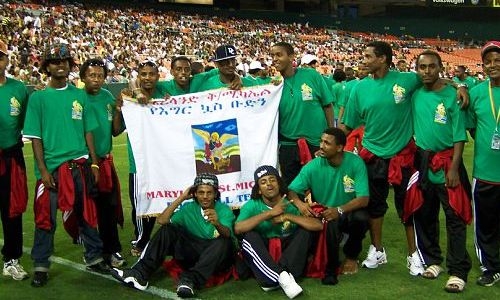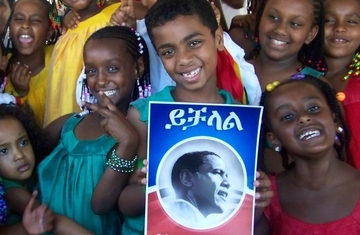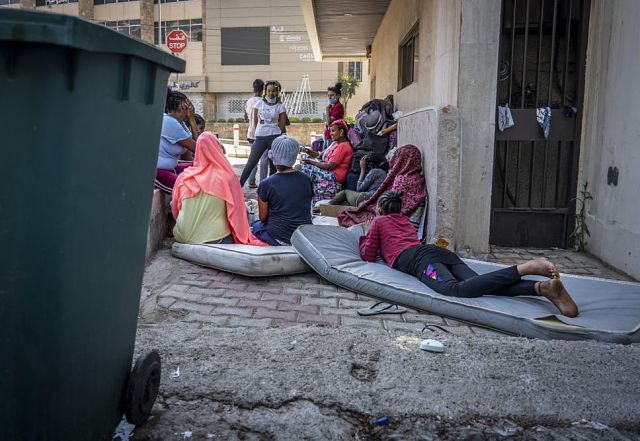 Ethiopian domestic workers camp outside their embassy in Beirut after being dumped by their employers. As Lebanon plunges towards hyperinflation, experts say that three-quarters of the country will soon rely on food handouts to survive . (Bel Trew)
Ethiopian domestic workers camp outside their embassy in Beirut after being dumped by their employers. As Lebanon plunges towards hyperinflation, experts say that three-quarters of the country will soon rely on food handouts to survive . (Bel Trew)
Independent
‘Lebanon is in a death spiral’: Domestic workers dumped on the street amid unprecedented economic collapse
Bewildered and scared, Ife, an Ethiopian domestic worker, explains how a few hours ago she thought she was on her way to Beirut airport. “So you can fly home,” her cash-strapped employer had said while pushing her out of the car in front of the Ethiopian embassy.
“It was a lie,” whispers the 24-year-old, clutching her belongings like a lifebuoy.
“I cried and cried because I haven’t been paid since January. I have no money. I have a son.”
Ife only has one option: sleep rough alongside a dozen other Ethiopian women also dumped by their employers in front of the consulate in Beirut, and beg to be repatriated home. They are among a growing number of migrant workers in Lebanon that have been abandoned by their bosses who, amid an unprecedented economic collapse, cannot afford to pay their salaries.
Most of the workers interviewed by The Independent say they have not been paid since January when Lebanon’s financial woes began to bite, and so few have the resources to get home. Many also do not have their passports. Under the country’s abusive kafala system, which rights groups say traps them into forced labour and abuse, migrant workers in Lebanon cannot change jobs or leave without permission of their employer, who often withholds their documents.
And so, without rights, funds, and passports, Lebanon’s quarter of a million migrant domestic workers are among the most vulnerable in the country’s economic crash.
Protests erupt in Lebanon
This Is Lebanon, an organisation that shames abusive employers, says its caseload has more than doubled over the last few months as the crisis deepened. It is so overwhelmed by calls for help that staff now have to turn away women who have been unpaid for less than seven months.
“It’s awful but we have to tell them we can’t help you any more,” Patricia, a spokeswoman, tells The Independent. “We’re saying the only way is to cut their losses and try to get home.”
And so the group outside the embassy, sleeping amid their suitcases, wait each day for news of a flight home.
“Everything got so much worse these days. No is getting paid,” says Hayat, 21, who was dumped by her employer four days ago.
“Now I’m sleeping here, I have no passport, no money, I have my pyjamas only.”
Lebanon’s embattled local and immigrant population has been sucker-punched by a staggering financial crisis that could become so severe, experts warn many may starve.
Grounded in decades of chronic mismanagement and corruption, Lebanon saw its economic woes crescendo in October, sparking a revolution. The arrival of the coronavirus pandemic in March, which shuttered businesses and halted already dwindling remittances, only made matters worse.
—
SPOTLIGHT: Yemen to Lebanon Plight of Ethiopian Migrants Amid Pandemic
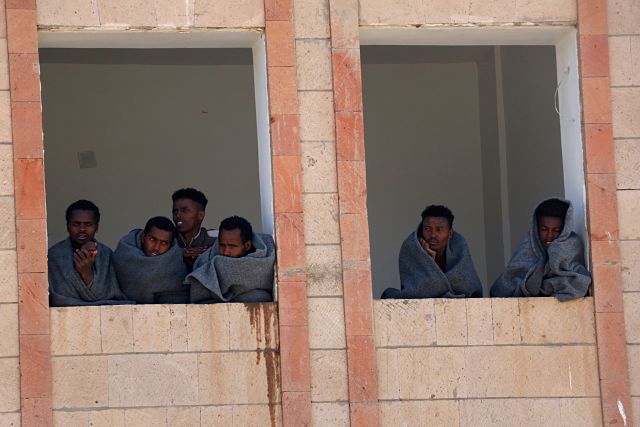
Ethiopian migrants in the Yemeni capital, Sana, being forced to quarantine by security forces in April over fears that they could spread the coronavirus. (Getty Images)
The New York Times
By Vivian Yee and Tiksa Negeri
BEIRUT, Lebanon — The Yemeni militiamen rumbled up to the settlement of Al Ghar in the morning, firing their machine guns at the Ethiopian migrants caught in the middle of somebody else’s war. They shouted at the migrants: Take your coronavirus and leave the country, or face death.
Fatima Mohammed’s baby, Naa’if, was screaming. She grabbed him and ran behind her husband as bullets streaked overhead.
“The sound of the bullets was like thunder that wouldn’t stop,” said Kedir Jenni, 30, an Ethiopian waiter who also fled Al Ghar, near the Saudi border in northern Yemen, on that morning in early April. “Men and women get shot next to you, you see them die and move on.”
This scene and others were recounted in phone interviews with a half-dozen migrants now in Saudi prisons. Their accounts could not be independently verified, but human rights groups have corroborated similar episodes.
—
‘No-one Wants to Stay’: Ethiopia Under Pressure to Rescue Maids in Lebanon
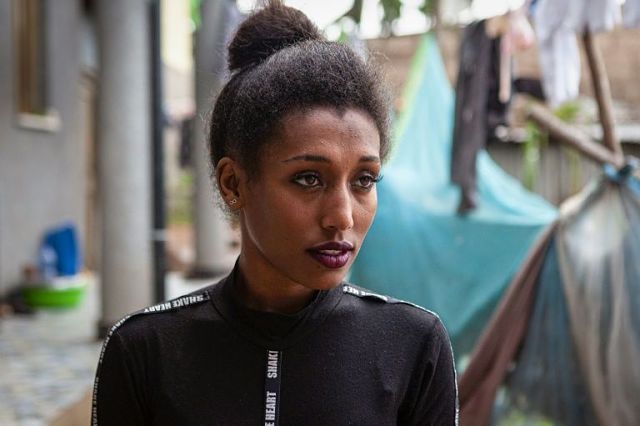
Birtukan Mekuanint, 23, says she was trapped and exploited after she went to work in Lebanon as a maid. (AFP Photo)
Updated: June 24th, 2020
Addis Ababa (AFP) – After she flew to Lebanon in 2017 to work as a maid for a family of eight, Birtukan Mekuanint managed to call her own relatives in Ethiopia only a handful of times.
So her father, Abiye Yefru, did not know what to think when Birtukan emerged unannounced from a taxi outside their home in Addis Ababa last week.
“Everyone was very emotional when she came to meet us,” Abiye told AFP, describing their reunion. “Me, I didn’t hold back my tears, and my wife cried even more.”
Soon, though, Abiye’s joy turned to anger as Birtukan recounted her hardship in Lebanon — an all-too-common tale of uncompensated labour in abusive conditions.
Now he’s joining the chorus of Ethiopians pleading with the government to bring back thousands of domestic workers stranded in Lebanon.
“It’s too difficult over there,” he said. “Of course they should be brought home.”
A quarter of a million migrants are employed as domestic workers in Lebanon, the majority of them Ethiopian.
A sponsorship system known as “kafala” leaves maids, nannies and carers outside the remit of Lebanese labour law and at the mercy of their employers.
The workers’ plight has come under the spotlight in recent weeks as Lebanon grapples with its worst economic crisis in decades, with dozens of women kicked out by their employers and dumped outside the Ethiopian consulate in Beirut.
Yet Ethiopian women have for years endured nonpayment of wages, forced confinement and physical and sexual violence, activists say.
Making matters worse, Ethiopian authorities have turned a blind eye to the abuses, said Banchi Yimer, founder of an NGO that advocates for migrant workers’ rights.
“I would say they do nothing,” she said. “Nothing has been done by the Ethiopian government.”
Like many Ethiopian women, Birtukan believed the brokers who told her moving to Lebanon would be an easy way to improve her family’s fortunes.
For 7,000 Ethiopian birr (around $200), they promised to arrange her travel and place her with a family that would pay $200 (177 euros) a month while covering her expenses.
Upon reaching Beirut, however, she learned the brokers would pocket her earnings for the first two months.
The brokers then cut off contact, and her Lebanese boss refused to pay her.
Under the kafala system, migrant workers can’t terminate contracts without the consent of their employers, meaning Birtukan was effectively trapped.
She spent long hours mopping floors, ironing clothes and cleaning bathrooms, all while tallying the days on a piece of cardboard she hid under her mattress.
“I didn’t see other people. Even if I tried to talk on the phone, they would stop me,” she told AFP as tears rolled down her cheeks.
She seized the first chance she could to escape, swiping a key to the compound gate left behind by one of the family’s children.
She then secured a spot on one of the flights organised last month by the Ethiopian government and state-owned Ethiopian Airlines.
But only around 650 women have been flown home so far.
As the coronavirus pandemic exacerbates Lebanon’s economic woes, Birtukan wants to see more repatriations.
“I think the government should bring back all the women there,” she said. “They’re sleeping under bridges. They don’t have enough to eat.”
Ethiopia’s foreign affairs ministry and the consulate in Beirut did not respond to multiple requests for comment.
-Tough times ahead-
For all the horror stories out of Lebanon, some women are glad they made the journey.
Almaz Gezaheng, 32, travelled to Lebanon in 2008, moving in with a family of four.
She found the pay too low and the conditions too strenuous, but after she left she landed a job as a cleaner at a beauty parlour that paid $400 per month.
She sent half that money home, enabling her parents to buy their own house.
“At least I changed my family’s life, even if I haven’t done anything for myself.”
But after the Lebanese economy tanked, Almaz lost her job, and she exhausted her savings before securing a spot on a repatriation flight this month.
“I think the future will be very difficult for Lebanon. I would advise young Ethiopians to stay here and do their own work rather than go there,” she said.
She urged the Ethiopian government to step in and help those still stuck there.
“Most of their madams are throwing them out of the house,” she said. “Before anything worse happens, it would be good for the government to bring back all of our girls from Lebanon.”
The call is echoed by Banchi, founder of the migrants workers’ rights NGO, who said she is receiving reports of Ethiopian women in Lebanon who are in such despair that they drink bleach or try to jump off balconies.
“The inaction of the Ethiopian government is leading domestic workers to depression,” she said. “Everybody wants to go home. No-one wants to stay in Lebanon.”
—
Join the conversation on Twitter and Facebook.





